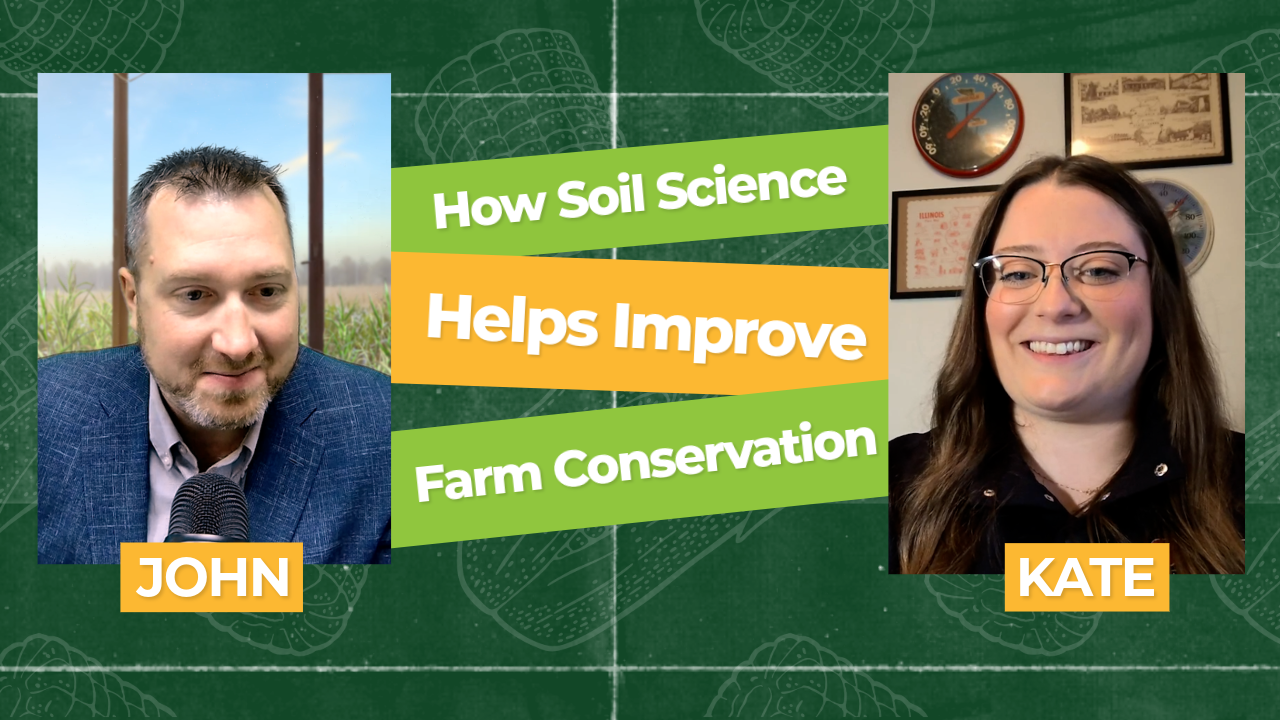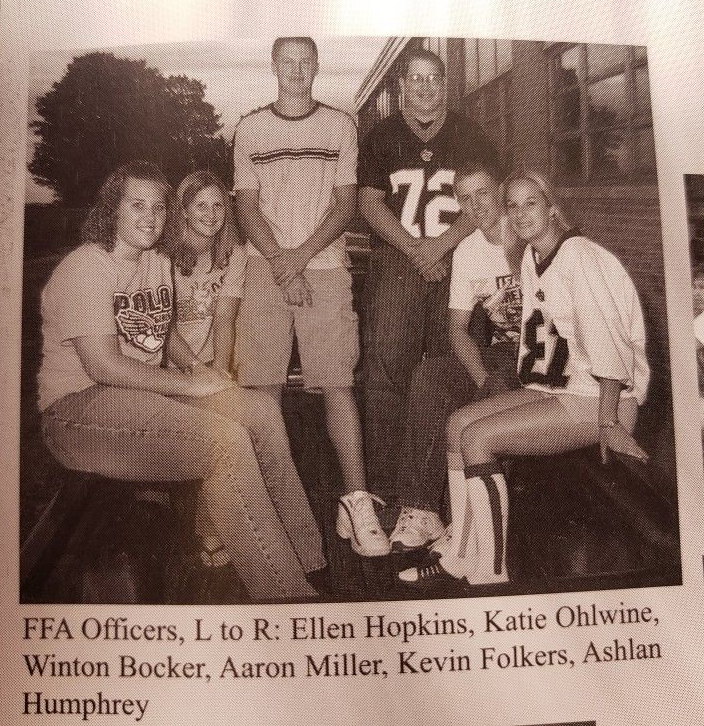Corn and Ethanol Win: Court Determines EPA Ignored Important Regulatory Comments
Major Legal Win for Ethanol: Court Sides with Corn Growers Against EPA’s Flawed Fuel Rule
The Environmental Protection Agency has lost a Fifth Circuit court case brought by Texas Corn Producers and other industry groups, with the opinion finding that the agency used faulty methodology to justify a penalty to ethanol-blended fuel and ignored submitted comments.
The case considered a 1975 EPA decision to set an R-Factor (a number that compares a vehicle's miles per gallon using today’s fuels with the miles per gallon that vehicle gets using the older certification fuel) of 0.6, which stood until 2020. Then, during a Tier 3 rulemaking on certification fuels, the EPA set an R-Factor of 0.81, a number not found in any of the peer-reviewed research on this topic and a number that cost automakers, ethanol producers, and corn farmers money and markets.
The ethanol industry, automakers, corn farmers, and researchers agree that an R-Factor of 1 (or 0.96) is most appropriate for a level playing field.
Brian West, West Energy and Environment, Joined ICGA In Submitting Comments That EPA Ignored
Mr. West has been consulting since he retired from Oak Ridge National Laboratory in 2019, where he published analysis that determined an R-Factor of 0.96. He said they gave EPA everything needed in 2013 to set the R value to 0.96 based on analysis of the 15% ethanol (E15) and E20 testing from the U.S. Department of Energy Mid-Level Blends program that led to the legalization of E15.
West shared that anything less than 1.0 is harmful to the auto manufacturers if they use ethanol blends. He pointed to a large auto/oil test program in the early 1990s that determined R should be 0.93, but it remained at 0.6 until the 2020 Tier 3 decision that updated it to 0.81 based on EPA’s own very limited testing.
"With R set at 0.6, the auto manufacturers would be penalized for using E10, so they continued to use E0 for fuel economy testing," West said. "If we are ever to realize high-octane mid-level blends like E25 or E30, we have to have R set close to 1.0 so that the manufacturers can get full credit for building more efficient vehicles."

The Opinion of the Three-Judge Panel
Within the published opinion, the judges call the EPA’s defense “lipstick on a pig.”
The EPA themselves admitted, “Although [the Agency’s] explanations provide a sufficient basis for the Court to reasonably discern how and why EPA set the Ra Factor at 0.81, the Agency acknowledges that it did not fully respond to specific comments on the proposal.”
The opinion disagreed with that sentiment and points to several significant comments which would have necessitated a change in course, had the EPA fully considered them.
What’s Next?
While this is a big win for corn farmers and ethanol producers that will send EPA back to the drawing board, no one knows what their next published R-Factor could look like.
Experts wonder if they will again conduct their own testing program rather than acknowledging the data and research that already exists and is readily available from the U.S. Department of Energy, Oak Ridge National Laboratory.
Corn Associations Represent Corn Farmers
“This is a great example of why farmers should belong to their associations,” said Garrett Hawkins, President of IL Corn Growers Association and farmer from Waterloo, IL. “The R-Factor issue is a complicated one that I bet 99% of farmers don’t even know exists, but one that is keeping our cleaner-burning ethanol fuel from accessing the marketplace. I’m proud of the work of our partner organization, Texas Corn Producers, and I’m proud of the support ICGA provided to our Texas neighbors to challenge this EPA decision.”
ICGA will continue to represent Illinois corn farmers as the R-Factor determinations progress, and in any policy or regulatory environment to boost demand for corn-based ethanol.







